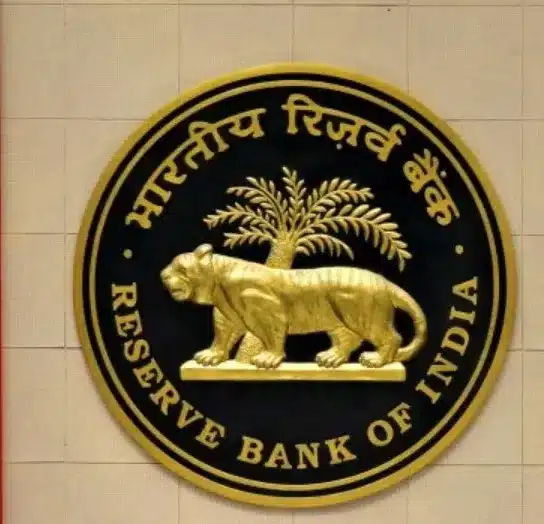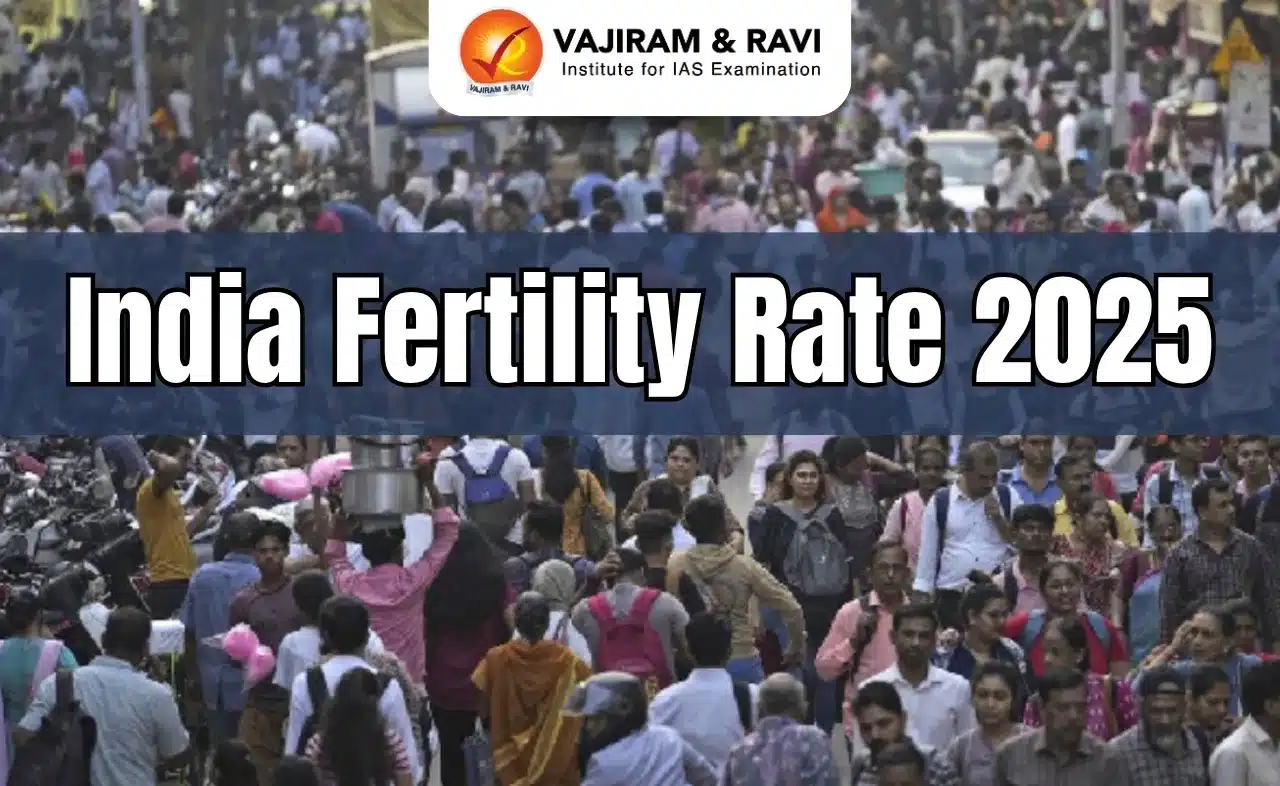What’s in today’s article?
- Why in News?
- What is Bank for International Settlements (BIS)?
- What is Project Nexus?
Why in News?
The Reserve Bank of India (RBI) has joined Project Nexus, a multilateral initiative aimed at enabling instant cross-border retail payments by interlinking domestic Fast Payments Systems (FPSs).
Through this project, India’s Unified Payments Interface (UPI) will be connected with the FPSs of Malaysia, the Philippines, Singapore, and Thailand. The platform has the potential to be extended to additional countries in the future.
What is Bank for International Settlements (BIS)?
- About
- The Bank for International Settlements (BIS) is an international financial institution that serves as a bank for central banks, fostering international monetary and financial cooperation.
- Establishment
- Founded in 1930, the BIS is the oldest global financial institution.
- Headquarters
- Located in Basel, Switzerland
- Main Functions
- Central Bank Cooperation – Facilitates collaboration among central banks and provides a platform for policy discussions and decision-making.
- Financial Stability – Promotes monetary and financial stability through research, policy analysis, and the development of international standards.
- Banking Services – Provides banking services to central banks and other international organizations, including gold and foreign exchange transactions.
- Economic Research – Conducts research and analysis on global economic and financial issues, producing reports and publications.
- Importance
- Coordination – Acts as a forum for central banks to collaborate on monetary policy and financial regulation.
- Standard Setting – Plays a crucial role in setting international standards and guidelines to ensure the stability and resilience of the global financial system.
- Crisis Management – Provides a platform for coordinated responses to global financial crises and economic challenges.
- Few notable works
- Basel Accords
- Basel I (1988) – Introduced a set of minimum capital requirements for banks, aimed at reducing credit risk.
- Basel II (2004) – Expanded on Basel I by adding requirements for market risk and operational risk, emphasizing risk management.
- Basel III (2010-2017) – Strengthened bank capital requirements, introduced new regulatory requirements on bank liquidity and leverage, and aimed to enhance the resilience of the banking sector in the aftermath of the 2008 financial crisis.
- Basel Accords
- BIS Innovation Hub
- Established to foster collaboration on financial technology (FinTech) and innovation among central banks, focusing on developing digital currencies, cybersecurity, and new financial technologies.
- Financial Stability Board (FSB) Support
- Played a crucial role in the establishment and support of the FSB, which coordinates international efforts to enhance global financial stability and regulatory reforms in response to the 2008 financial crisis.
What is Project Nexus?
- Background
- RBI has been working bilaterally with various countries to link India’s Unified Payments Interface (UPI) with their Fast Payments Systems (FPSs) for cross-border Person to Person (P2P) and Person to Merchant (P2M) payments.
- While these bilateral connections are beneficial, a multilateral approach could significantly enhance the international reach of Indian payment systems.
- Currently, over 70 countries have instant payment systems that enable domestic payments to reach their destination in seconds at near-zero cost.
- By interconnecting these systems, cross-border payments can be completed within 60 seconds in most cases.
- About
- Project Nexus is conceptualised by the Innovation Hub of the Bank for International Settlements (BIS).
- It seeks to enhance cross-border payments by connecting multiple domestic instant payment systems (IPS) globally.
- It is the first BIS Innovation Hub project in the payments area to move towards live implementation.
- Benefits
- Project Nexus aims to standardize the interconnection of Instant Payment Systems (IPS).
- Instead of each payment system operator creating custom connections for every new country, they can connect once to the Nexus platform.
- This single connection enables access to all other countries on the network, potentially accelerating the growth of instant cross-border payments.
- Countries that have joined the platform
- Project Nexus aims to connect the FPSs of four Association of Southeast Asian Nations (ASEAN) — Malaysia, Philippines, Singapore, and Thailand; and India.
- These countries would be the founding members and first mover countries of this platform.
- Indonesia will also join the platform in future.
- Project Nexus aims to connect the FPSs of four Association of Southeast Asian Nations (ASEAN) — Malaysia, Philippines, Singapore, and Thailand; and India.
Q.1. What is Association of Southeast Asian Nations (ASEAN)?
The Association of Southeast Asian Nations (ASEAN) is a regional intergovernmental organization comprising ten Southeast Asian countries, promoting economic, political, security, and socio-cultural cooperation. Established in 1967, ASEAN aims to foster regional stability, economic growth, and cultural development.
Q.2. What is Unified Payments Interface (UPI)?
Unified Payments Interface (UPI) is an instant real-time payment system developed by the National Payments Corporation of India (NPCI). It allows users to link multiple bank accounts to a single mobile application for seamless and secure money transfers.
Source: What is Project Nexus that RBI has signed up for? | Bank for International Settlements | Business Line
Last updated on June, 2025
→ UPSC Notification 2025 was released on 22nd January 2025.
→ UPSC Prelims Result 2025 will be out soon for the CSE held on 25 May 2025.
→ UPSC Prelims Question Paper 2025 and Unofficial Prelims Answer Key 2025 are available now.
→ UPSC Calendar 2026 is released on 15th May, 2025.
→ The UPSC Vacancy 2025 were released 1129, out of which 979 were for UPSC CSE and remaining 150 are for UPSC IFoS.
→ UPSC Mains 2025 will be conducted on 22nd August 2025.
→ UPSC Prelims 2026 will be conducted on 24th May, 2026 & UPSC Mains 2026 will be conducted on 21st August 2026.
→ The UPSC Selection Process is of 3 stages-Prelims, Mains and Interview.
→ UPSC Result 2024 is released with latest UPSC Marksheet 2024. Check Now!
→ UPSC Toppers List 2024 is released now. Shakti Dubey is UPSC AIR 1 2024 Topper.
→ Also check Best IAS Coaching in Delhi






















